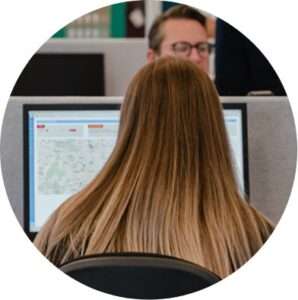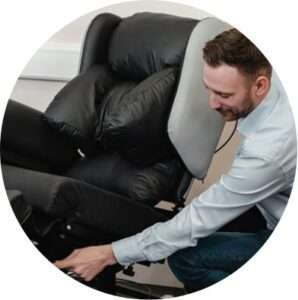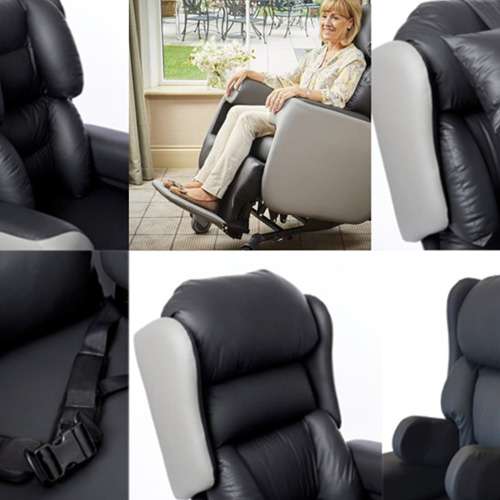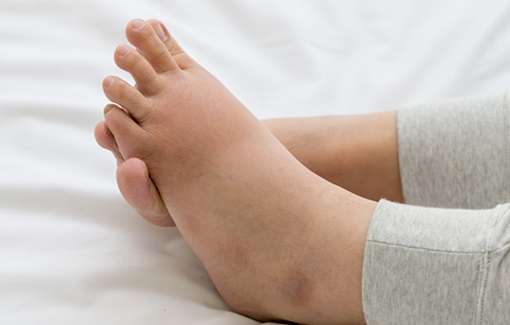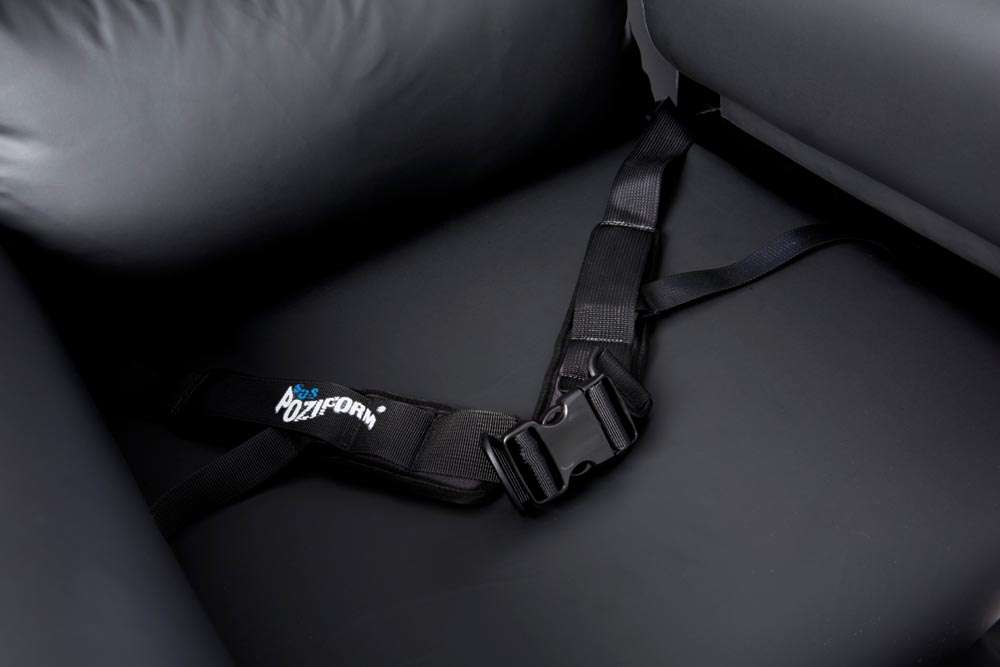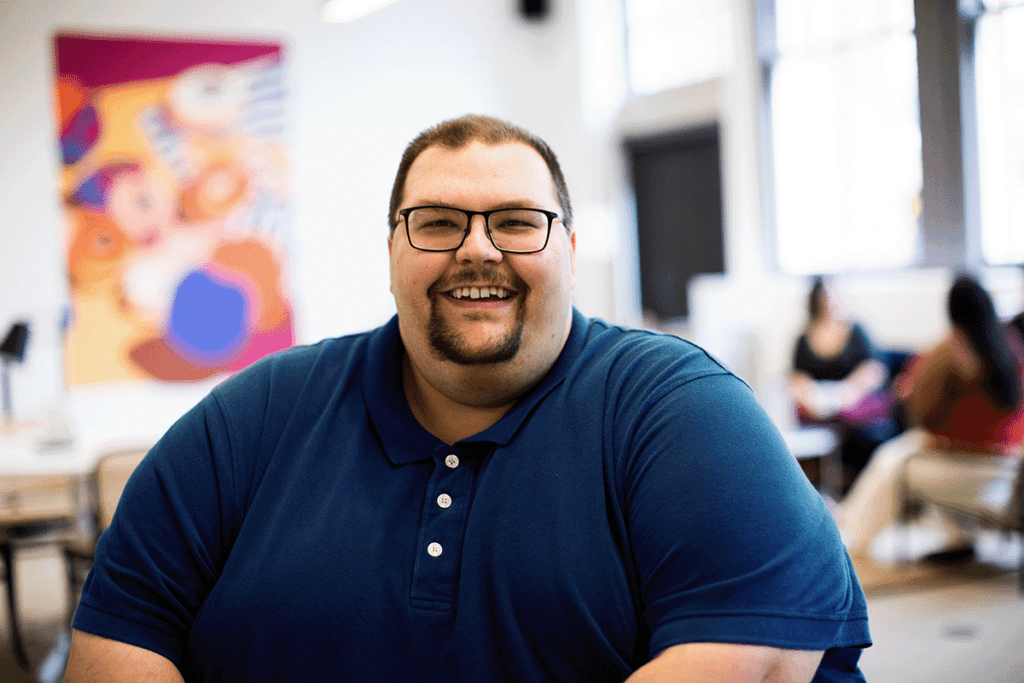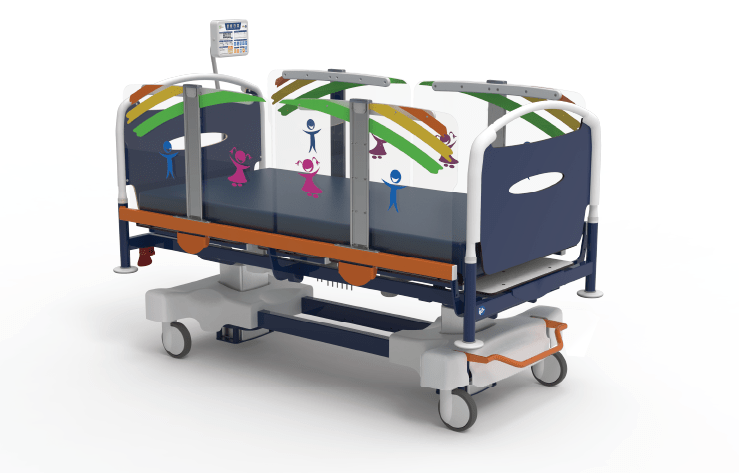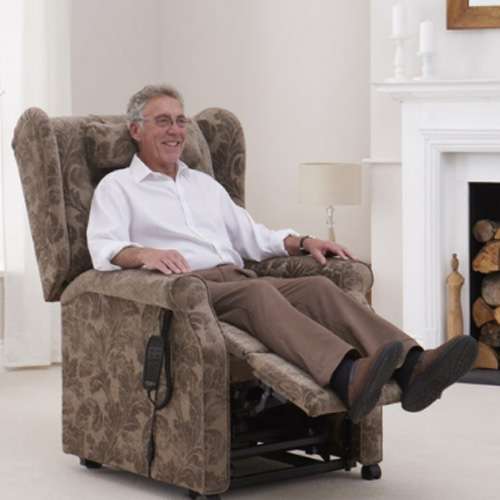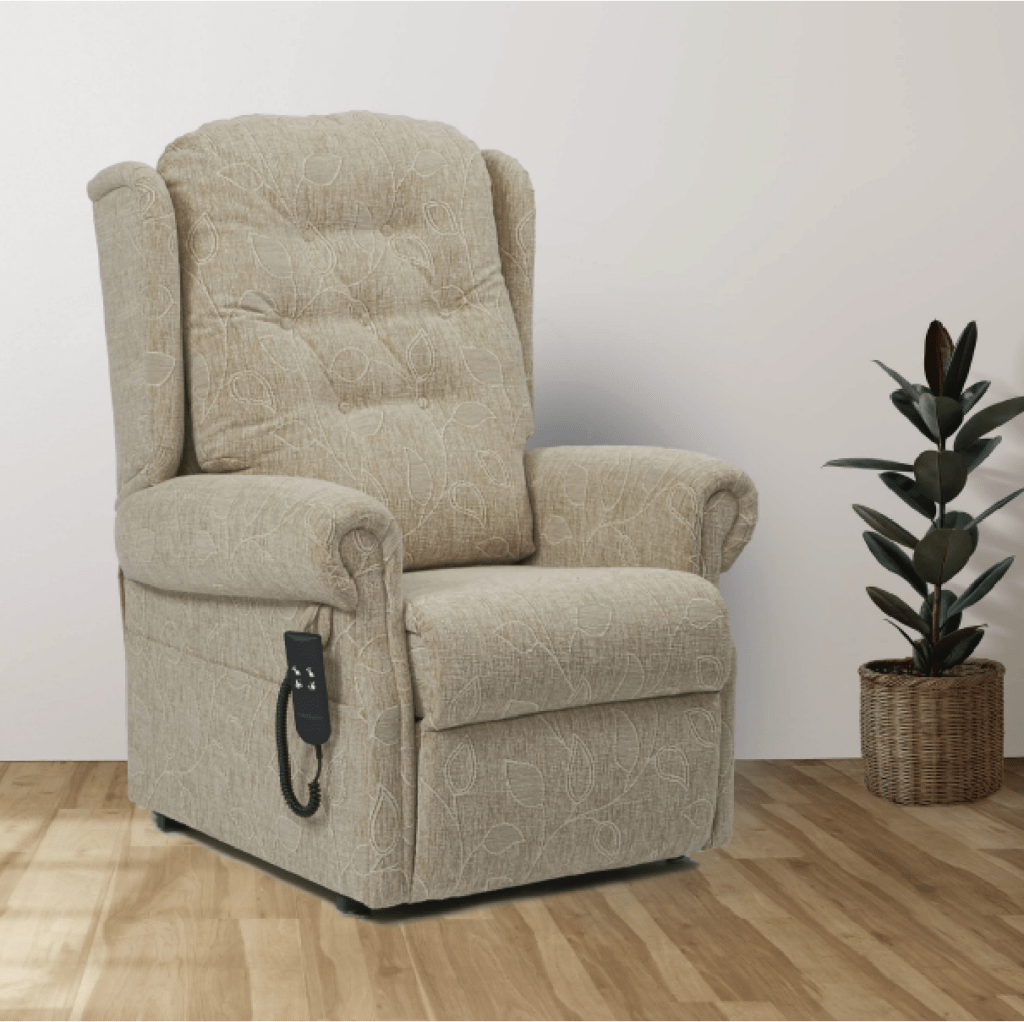Stroke recovery is a challenging journey, requiring a multifaceted approach to regain a patient’s mobility, comfort, and overall well-being.
Access to the correct neurorehabilitation equipment after a stroke can make this process a whole lot easier, for both stroke patients and hospital or care & nursing home staff.
Read this article if:
- Are a carer of someone who has had a stroke before
- You’ve previously had a stroke and want to learn about your options
- Would like to learn about the best patient seating solutions for stroke recovery
This article will show you how specialist medical seating and postural support accessories can make a big difference in the road to recovery.
The Case for Medical Seating in Stroke Neurorehabilitation
Medical recliners along with more specialist neurorehabilitation patient chairs for the most dependent patients are supportive tools that can make the road to rehabilitation and recovery after a stroke less challenging.
Whether you’re a stroke survivor or a caregiver seeking the best support for your loved one, this guide will shed light on the importance of the right neurorehabilitation seating accessories that can be added specialist seating solutions designed to provide essential support and aid post-stroke patient rehabilitation and recovery.
Specialist medical seating for stroke patient recovery can:
- Help manage the symptoms of stroke
- Aid the process of recovery
- Make the care of stroke patients easier for hospital or care home staff.
In this article, we’ll delve into the world of postural support accessories for specialist medical seating, we’ll explore:
- Stroke-friendly seating options available to buy
- Patient benefits from adding postural support or spinal alignment cushions
Rehabilitative stroke aids are designed to help the mobility or general neurorehabilitation of patients. Whether it a wheelchair for outdoor use or a portable riser recliner made with medical grade materials for use at home, disability equipment for a rehabilitating elderly patient should aid patients and carers in this situation.
From customised patient care chairs to adaptive seating cushions, we’ll detail the benefits of specialised seating for stroke patients and how these innovative seating accessories can significantly contribute to the patient rehabilitation process.
Join us as we uncover the key considerations, innovations, and advantages of specialist seating for stroke patients.
Jump straight to…
Clinical Needs of Stroke Patients
A stroke occurs due to damage to the brain resulting from typically either a restriction in blood flow to the brain (ischaemic) or bleeding in the brain (haemorrhagic). Effects can vary from mild to moderate, from a partial loss of movement (known as hemiparesis) to more severe movement loss or paralysis (hemiplegia).
As well as loss of movement in the face and limbs, stroke sufferers can experience difficulty speaking, memory loss, fatigue, and behavioural changes.
Early intervention is critical to prevent further deterioration and extensive physiotherapy can be needed during hospital treatment to restore lost function. Restoring movement and relearning old skills is possible due to the brain’s neuroplasticity.
It is important to choose the right specialist seating for stroke patients while they are rehabilitating that meet the challenges of their condition whilst assisting them during the recovery process.
The right choice of specialist seating and accessories can significantly improve the rehabilitation experience.
Specialist Seating Accessories for Stroke Patients
We have identified the following seating attachments as particularly helpful for stroke patients.
Chairs With These Accessories
1. Rea Azalea tilt-in-space wheelchair
The Rea Azalea is a tilt-in-space wheelchair that gives lots of postural support and offers a wide range of accessories. The tilt-in-space and backrest recline give patients optimum levels of positioning and comfort.
Accessories include: Central leg-rest, padded calf strap, wide armrest pad, hemiplegic armrests, side supports and covers, headrest with cheek support, trunk/thoracic supports, one-arm drive, brake lever extension, table tray and cushion, powered add-ons
2. Lento Care Chair
A care chair is more suitable for those who need a higher level of support. The Lento care chair is one of the most adjustable care chairs on the market so ideal for patients whose needs change over time. There are a wide range of postural supports and pressure relief options available.
Accessories include: profiled horseshoe head cushion, waterfall back cushions, backrest wedges
3. Little Lento Care Chair
A smaller version of the Lento care chair, this is suitable for children and smaller adults (anyone under 5ft 2in).
Accessories include: profiled horseshoe head cushion, waterfall back cushions, backrest wedges.
4. Lento Riser Recliner Chair
The riser recliner is more suitable for those who are more able-bodied, for example stroke patients who have suffered partial loss of movement. The Lento rise recliner comes with the full fleet of accessories available with the Lento care chair.
Accessories include: profiled horseshoe head cushion, waterfall back cushions, backrest wedges.
Conclusion
Accessories can be used individually or collectively but successfully identifying the seating challenges facing a stroke patient and matching these with the correct accessories can have the effect of easing a difficult rehabilitation.
If you feel any of the products mentioned above are right for you – Contact our experienced advisors for further details:

